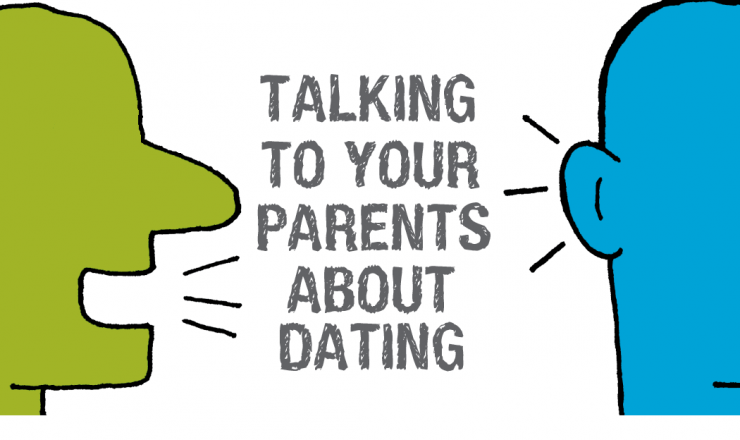

Break ups can leave things between people pretty uncomfortable, but they can get a lot more awkward if you come out on the other side of the relationship with an STI. Now, the responsible thing to do is to tell them that you tested positive, and that they should think about getting tested too. But how do you do that?!
No need to panic! Many of us have gone through the same thing, and we’re here to give you some tips to facilitate this tricky conversation.
Do your research before having the conversation. Knowing some information on what the symptoms look like and where they can get tested can help make the news less overwhelming. You can find lots of info on our STI info page.
You may feel the need to throw some shade their way (after all there may be a possibility they gave it to you), but maybe try to curb this impulse. It usually just makes things worse. If they’re getting hot-headed try to remember that they’re still processing the information and instead give them a second to take it in. People can say things in the heat of the moment that they don’t mean, so maybe be ready to forgive them ahead of time and avoid the fight.
If your ex-paramour is not impressed with the facts you brought to the table and are still pissed, that’s fine too! You can’t expect everyone to take it well, especially right away. Whatever they say remember that it’s not just you. The majority of people will get at least one STI in their life time, and having to deal with STIs is just a normal part of being sexually active. You are doing the responsible thing by getting tested and telling people about it.
If you just want to GTFO after telling them to get tested, that’s totally cool. It’s a courtesy to tell them, but you don’t have to linger or pay for anything or schedule a follow-up. Once they know then it’s up to them to decide what happens next.
Don’t want to be there when they find out? No problem. You can always call, text, or email instead — the important thing is that they know so they can do something about it.
In Toronto, you can even choose to have a public health nurse deliver the message anonymously after you’ve been tested (check out our page on Reportable STIs for more info). Or you can also let them know through anonymous text and emailing services like dontspreadit.com.
After considering the tips above, if you still don’t feel like you can tell them, remember that you don’t have any legal obligation to. We recognize that disclosing your status isn’t always the right choice — other people’s health is important, but sometimes you have to put your safety first. If you want to see someone to talk about STIs and/or what options you have, stop by your local sexual health clinic for more info.
We have a bunch of other info pages on STIs and how to talk about them, including:
If you have questions about this topic, feel free to contact one of our peer educators. [Link]
Last Updated: April 2020

How can you help resist oppression when it doesn’t affect you personally? Even around little things that happen in your everyday life? The answer is allyship.

Heat + moisture/sweat + friction = Chub Rub! This post is all about our least favourite sign of summer: thigh rash.

For lots of reasons, we sometimes have to (or want to!) talk about dating with our parents. Ensuring that these conversations are positive experiences can be difficult, but here’s some questions to keep in mind to help make it all go more smoothly!